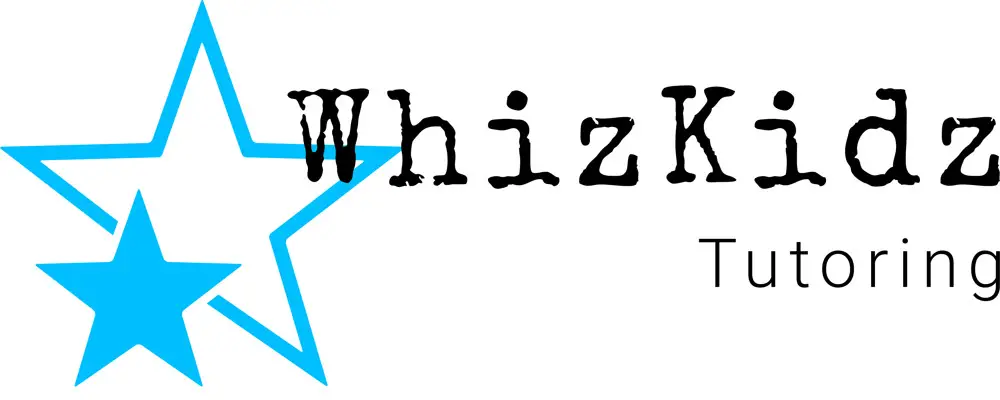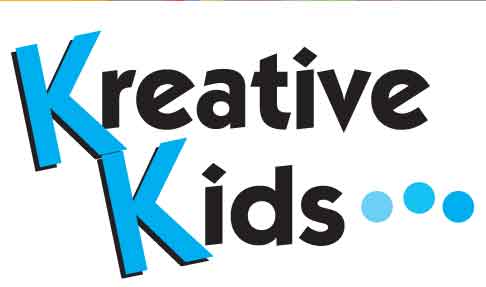Get the Best Winter Activities
Keep written records of your correspondence with professionals too. When you first contact the school system for your child's evaluation, make your request in writing and point out that your child is not meeting the school's developmental milestones. A team of professionals will work with you; your permission is required for this evaluation.
Once assessments have been administered, the doctors will be able to conclude whether your child has a developmental disability. Should the team decide that your child has a disorder, they will be able to explain how the diagnosis was derived and the implications on your child's learning and behavior. In addition to explaining the diagnosis, the team will also be able to propose a treatment plan to help your child.
Stand strong.
After your child's disorder has been confirmed, the most important role you can play as a parent is the role of an advocate. Be sure to get additional resources from the experts you've already spoken to so you'll be informed and able to further help your child. By arming yourself, family members, friends, and loved ones with information on how best to support your child in her development, you are helping her progress and giving her the strength to succeed.
For more information about recognizing your child's milestones, visit www.nichcy.org.
Dr. Scott L. Barkin, a New York State-licensed clinical psychologist and certified school psychologist, serves as executive director of Block Institute, a not-for-profit, non-sectarian agency serving developmentally delayed children and adults in Brooklyn.
Also see: A Parents' Guide to Special Needs





